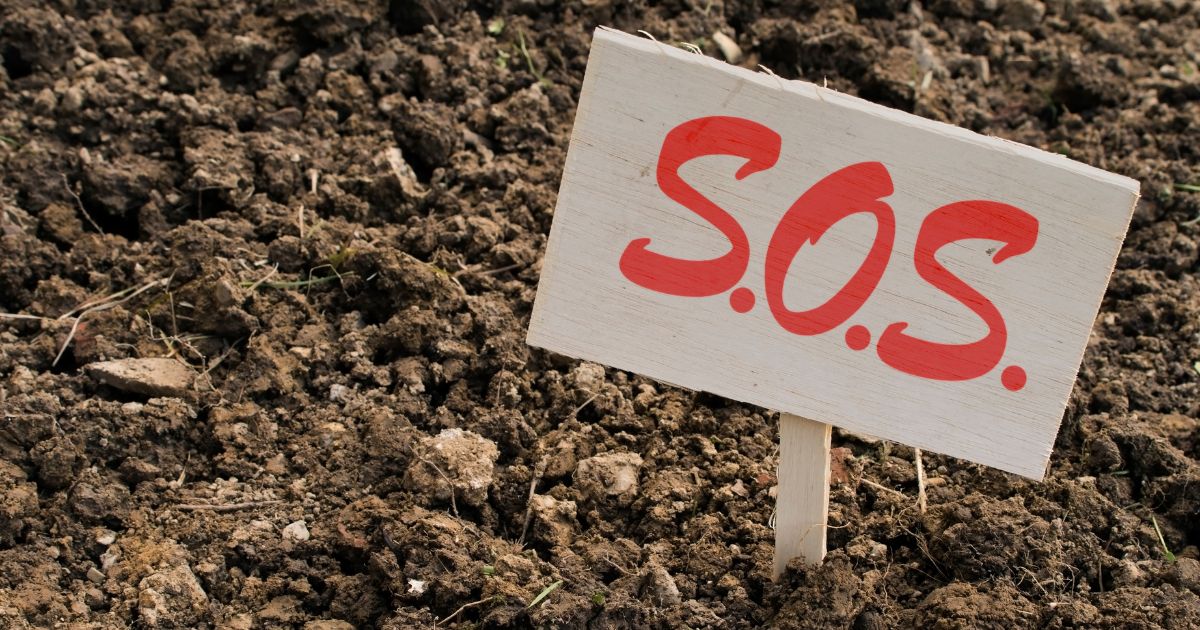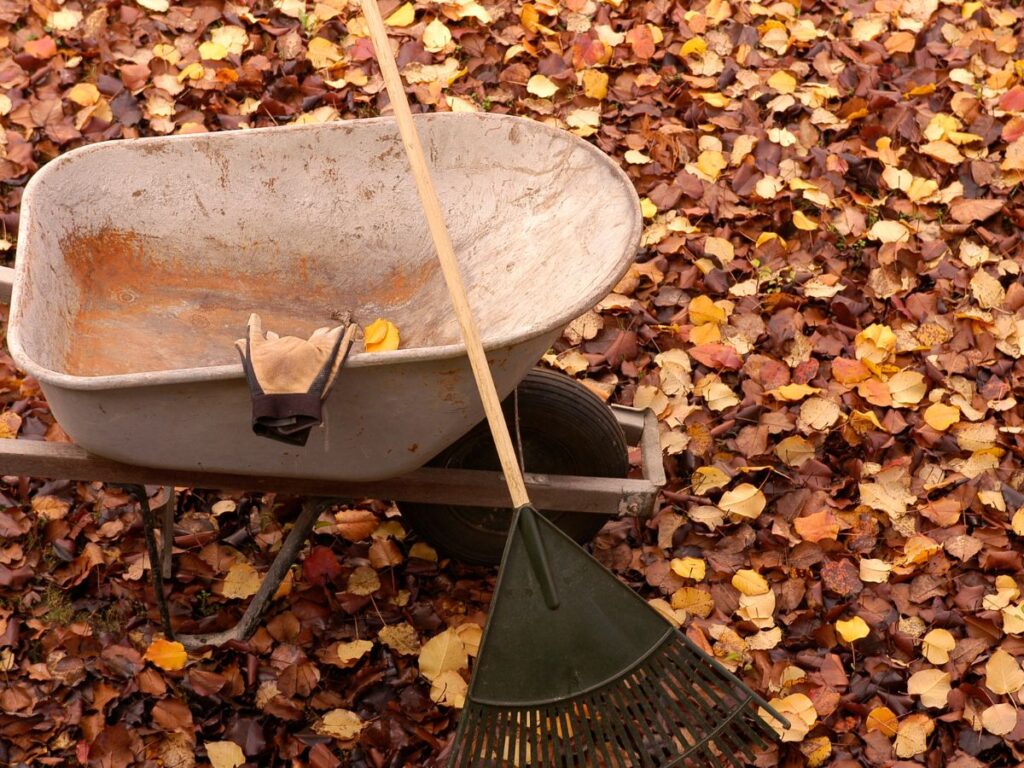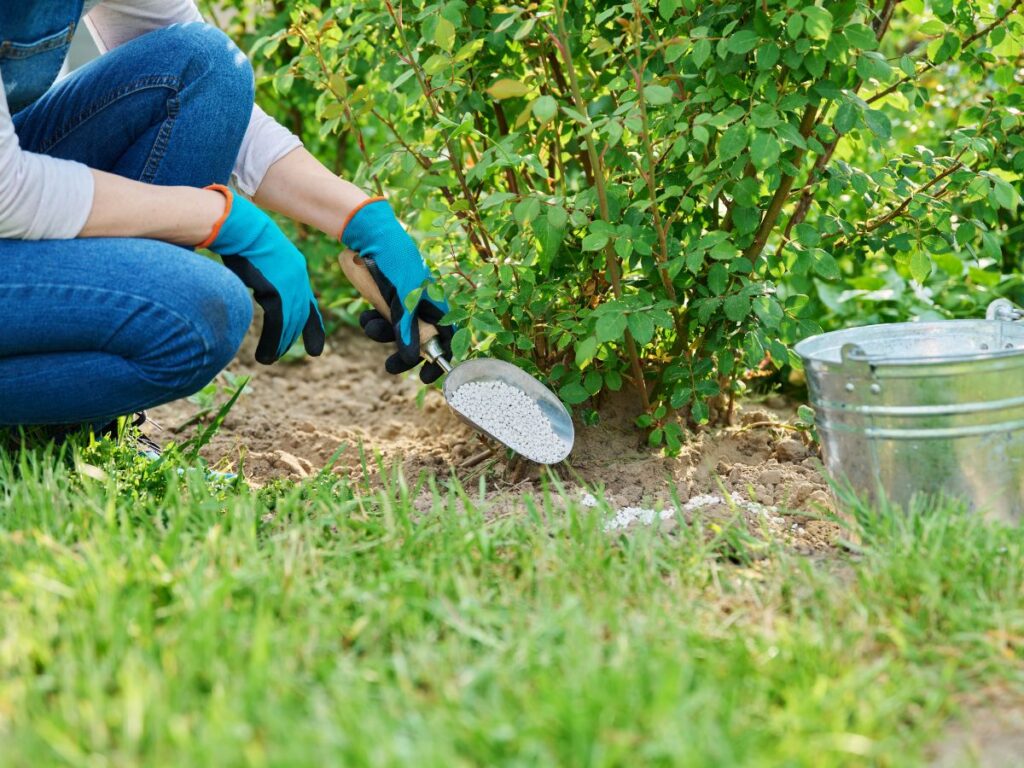Landscaping can be a fulfilling and creative endeavor, but there are common pitfalls that many enthusiasts fall into. In this blog post, we’ll explore 15 mistakes that can hinder your landscaping success, and how to avoid them.
1. Ignoring Soil Quality
The foundation of a healthy garden is the soil. Ignoring soil quality can lead to poor plant growth. Test your soil to understand its composition and amend it with organic matter to improve its fertility.
2. Planting Without a Plan
Jumping into planting without a plan can result in a disorganized and unattractive landscape. Take time to map out your garden, considering plant heights, colors, and blooming seasons to create harmony.
3. Overcrowding Plants
While it might be tempting to plant densely, overcrowding can lead to competition for resources and increased disease risk. Follow spacing guidelines on plant labels to allow them room to flourish.
4. Neglecting Climate Considerations
Your local climate plays a crucial role in plant selection. Choose plants suited to your climate zone to ensure they thrive without excessive intervention.
5. Improper Watering Techniques
Both overwatering and underwatering can stress plants. Learn the specific water needs of your plants and adjust your watering schedule accordingly.
6. Forgetting About Maintenance
Landscaping is not a set-it-and-forget-it task. Regular maintenance, including weeding, pruning, and fertilizing, is essential to keep your garden healthy and attractive.
7. Ignoring Seasonal Changes
Each season brings changes that impact your garden. Plan for seasonal transitions by planting year-round interest and preparing for weather-specific challenges.
8. Neglecting Hardscapes
Hardscapes like patios and walkways need attention too. Regular maintenance prevents deterioration and enhances the overall appeal of your landscape.
9. Choosing the Wrong Mulch
Mulch serves both aesthetic and practical purposes. Selecting the wrong type can affect soil moisture and temperature. Choose mulch that complements your plants and climate.
10. Overlooking Wildlife Impact
Wildlife can be both beneficial and detrimental to your garden. Research local wildlife and implement strategies to protect your plants if necessary.
11. Using Invasive Plant Species
Invasive plants can quickly dominate your garden and ecosystem. Avoid these species and opt for native plants that support local biodiversity.
12. Improper Fertilization
Fertilization should be tailored to your plants’ needs. Over-fertilizing can harm plants and the environment. Test your soil and fertilize accordingly.
13. Disregarding Drainage Needs
Poor drainage can lead to plant stress and root rot. Assess your garden’s drainage needs and implement solutions like raised beds or drainage tiles.
14. Ignoring Sunlight Requirements
Sunlight is crucial for plant health. Ensure your plant choices match the light conditions of your garden to promote healthy growth.
15. Lack of Budget Planning
Landscaping can become expensive without a budget. Plan your expenses carefully to avoid overspending and ensure you can maintain your garden over time.














